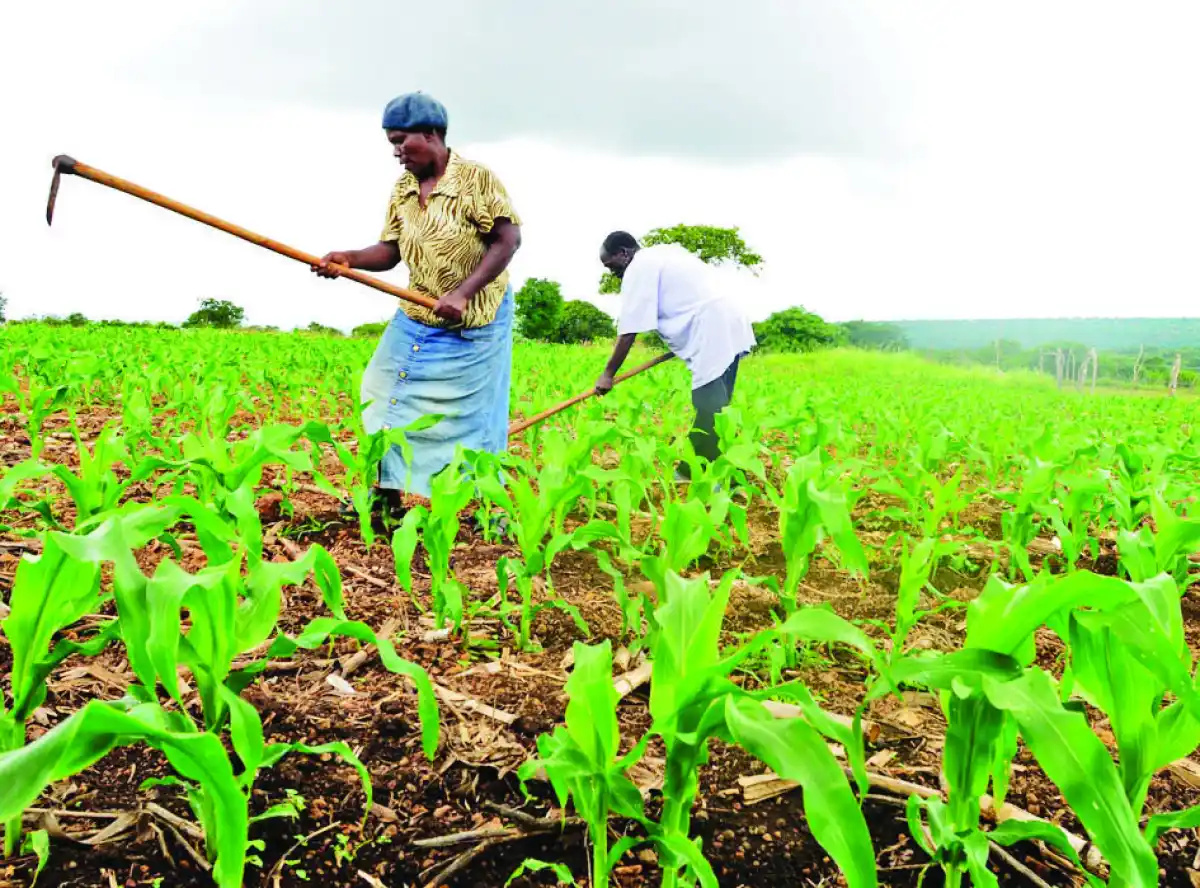
By Benadetta Chiwanda Mia:
The African Union (AU) has launched a strategy to transform the continent’s agricultural sector, targeting $100 billion in investments by 2035.
The expectation is that this will be achieved through the Comprehensive Africa Agriculture Development Programme (CAADP) Strategy and Action Plan for 2026-2035.
The plan, unveiled at the CAADP Extraordinary Summit in Kampala, Uganda, aims to establish resilient agrifood systems across Africa through five strategic objectives, focusing on sustainable food production, agro-industrialisation and trade enhancement.
A key component of the strategy, Strategic Objective 2, addresses investment and financing for agrifood system transformation.
Furthermore, the plan acknowledges that the previous goal of allocating 10 percent of public expenditure to agriculture, established by the 2003 Maputo and 2014 Malabo Declarations, had inadvertently overshadowed crucial investments needed to reduce sector risks and attract private investment.
The new Kampala Declaration takes a more comprehensive approach, targeting $100 billion in combined public and private investment by 2035.
However, it maintains the 10 percent public expenditure requirement while adding a new goal of reinvesting 15 percent of agrifood Gross Domestic Product (GDP) annually into the sector.
Additionally, the strategy sets ambitious targets, including a 45 percent increase in agrifood output, tripling intra-African trade through the African Continental Free Trade Area (AfCFTA), and increasing locally processed food to 35 percent of agrifood GDP by 2035.
At the summit, Ugandan President Yoweri Museveni highlighted his country’s transition from traditional to modern commercial agriculture, emphasising scientific research achievements in developing improved seed varieties.
“Through scientific research, we have ensured the availability of good quality seeds. I commend our scientists for developing improved seeds that are higher-yielding, disease-resistant and drought-resistant,” Museveni said.
In an interview, Economics Association of Malawi (Ecama) president Bertha Chikadza noted the disproportionate focus on politically expedient programmes.
“Evidence shows a disproportionate focus on programs with immediate and visible benefits, like the Affordable Inputs Programme, often used for political gain.
“Meanwhile, high-potential sub-sectors for agricultural growth, poverty reduction and food security often receive insufficient attention and funding,” Chikadza said.
CAADP Non-State Actors Chairperson Chikondi Chabvuta Mkawa advocated for elevating food sovereignty as a central theme, emphasising seed diversity, farmers’ rights and plant genetics conservation.
Mkawa also called for expanding the Biennial Review process to include shadow reporting from non-State actors.
“Food sovereignty should be central to Africa’s food systems to promote resilience through seed diversity, farmers’ rights and conservation of plant genetics to boost productivity and reduce dependence on external food sources.
“Additionally, there is a need to broaden the Biennial Review process to include a shadow reporting mechanism for non-State actors to provide alternative data and reports,” Mkawa said.








0 Comments